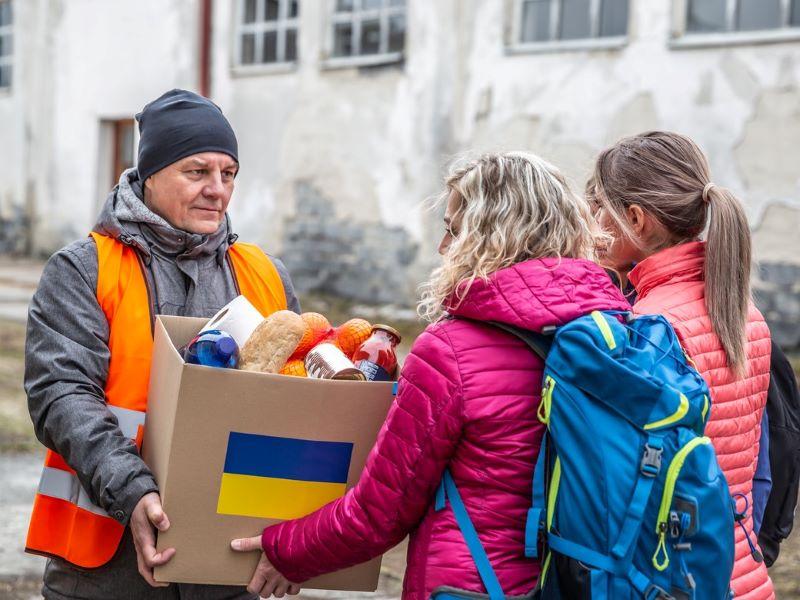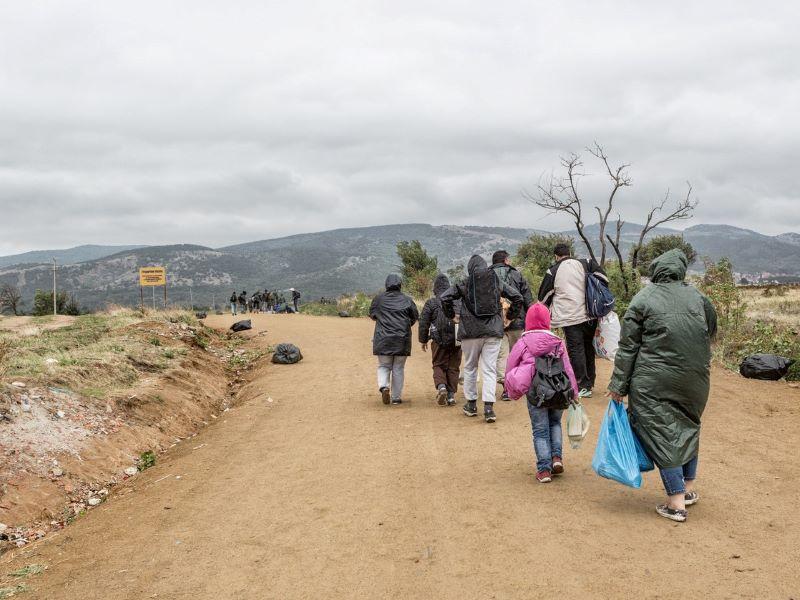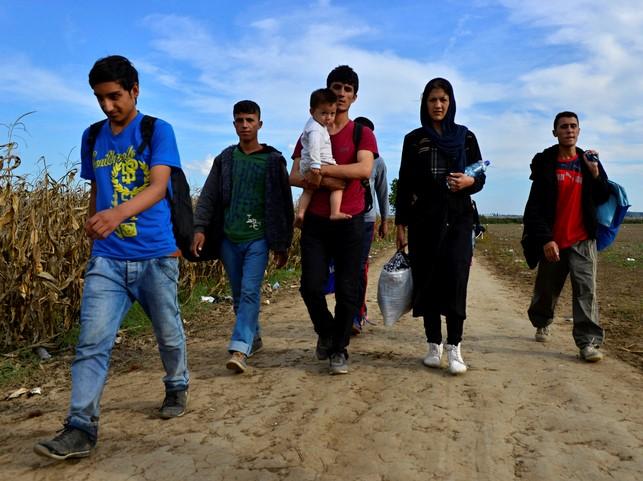
How can universities support Ukrainian students? Advice from a Polish institution

Russia’s invasion of Ukraine has had a huge impact on Polish institutions such as the University of Łódź. There are more than 700 young people from Ukraine studying at our university, and dozens more learning Polish in order to begin their studies and start a new life here. That is why we took action immediately after the aggression of the Russian Federation, because the needs were great. As a university, we couldn’t help everyone, so we focused on our students – present and prospective. This included support relating to their education, but also material, psychological and professional assistance. Above all, it was to support friends who have been and will be an important part of our academic community. Our actions can provide a useful guide for universities in other countries wishing to step up their own support. Immediate actions taken included:
- Ukrainian students were exempted from many fees related to obtaining education
- Dormitory places were provided for the families of our Ukrainian students
- New courses and language groups were developed to cater for students arriving from Ukraine
- Space and opportunities were created for Ukrainian researchers
Immediate relief
The first thing we were able to do after the invasion on 24 February, was to make life easier for those young people from Ukraine studying with us, who suddenly found themselves with no income, or in a much worse material situation. We exempted those students from tuition fees for the upcoming quarter of a year. For those Ukrainian students who had paid in advance, we refunded the money. Students who paused their studies to travel east, whether to help the war effort or for other reasons, can come back and continue their studies without any problems.
Guests in university dormitories
The next step was to support the families of our students. We had several hundred vacancies in our university dormitories. The decision was easy – we provided students with the opportunity to bring their loved ones to safety in Łódź. This way, a community of more than 300 people, who have been provided with comprehensive care, was created in just a few weeks. These were mainly women and children – the latter making up 120 of the new arrivals.
Each family was assigned a volunteer to check on their needs on an ongoing basis. Daily meals were provided alongside help with basic formalities such as securing their Polish ID, applying for jobs and medical support. We provided psychological support in Ukrainian.
In a nutshell – we helped them find their way here in a crisis situation. Two storerooms were set up where our guests could access food supplies, medicines, clothing – anything they might need that was missing from the minimal luggage they could bring.
Additional support is provided by a fund – we are still raising money – in euros and dollars, PayPal is available. The university itself could not set up such support, but fortunately the University of Łódź Foundation was able to help. Major financial assistance was also provided by the government representative in our region. This has enabled us to cover most of the daily assistance costs.
Express studies
Usually new study programmes take a lot longer than two months to organise. But exceptional circumstance, require action beyond the ordinary. In a very short time period, we have organised “Studies in Poland with English” for young people from Ukraine who do not speak Polish and are looking for the chance to continue their education in peace and security. The new programme was launched at the beginning of May with more than 30 new students who in three years’ time will be fluent in Polish and English. In the meantime, they will have plenty of opportunity to work and develop in other parts of the university.
Before that, we set up several language groups for people from Ukraine. The classes were held via Microsoft Teams or on-site. Funds from the Polish National Agency for Academic Exchange and others have supported these courses, enabling us to help not only our students but many people who are not connected with the university.
New colleagues
We have not forgotten about researchers from Ukraine. The University of Łódź is one of 20 Polish institutions to receive additional funds for their “research university” status. Competitive scholarships have been developed for Ukrainian academics with some faculties allocating a separate fund to hire additional Ukrainian researchers.
We have welcomed dozens of researchers from Ukraine into our teams and faculties, who can continue their scientific work while strengthening our institutional knowledge and output. The one eligibility criterion was scientific achievement. We hope this will lead to exciting new scientific collaborations and friendships.
With collective determination, anything can be done!
We have several months of hard work behind us. The whole university community has played a role in helping Ukraine. In the first weeks, a huge wave of kindness swept through the university; this will certainly be one of the most important moments in the university’s history. The collection of donations, welcoming of refugees by academics and others, and provision of help and advice by staff and students were part of a collective effort making it possible for us to provide comprehensive support.
The whole university worked as a team. Efforts were coordinated and overseen by representatives from all strategic areas of the university. They met on an ongoing basis to share important information. Reflecting on the support we have so far provided, we can say – without false modesty –we can do anything if we act together.
Sława Ukrainji!
Paweł Śpiechowicz is spokesman for the University of Łódź.
If you found this interesting and want advice and insight from academics and university staff delivered direct to your inbox each week, sign up for the THE Campus newsletter.


